Vietnam cries foul as Monsanto victims get huge compensation in US
‘Where’s the justice for Vietnamese victims being destroyed every day by (Monsanto’s) toxic chemicals,’ asks a senior Vietnamese official.
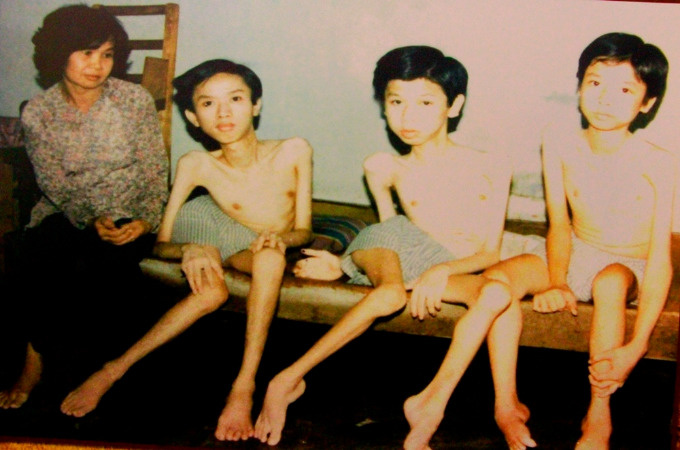
Nguyen Thi Bich Ngoc (L) of Ho Chi Minh City and her three sons, born with deformities due to the effects of dioxin, as shown in a photo at an exhibition opened last year at the Thua Thien Hue Historical Museum in central Vietnam. Photo by Vo Thanh
Major General Tran Ngoc Tho, deputy chairman of the Vietnam Association of Victims of Agent Orange and Dioxin and president of its Ho Chi Minh City branch, has sent a letter asking a U.S. court to reverse its earlier ruling in an Agent Orange case.
Tho cited the jury's ruling in the U.S. federal court of San Francisco on March 19, 2019, which decided that Monsanto's weed killer Roundup causes cancer. It ordered Monsanto to pay around $81 million to 70-year-old Edwin Hardeman of California, who has been diagnosed with non-Hodgkin's lymphoma.
The major general also cited another case where a San Francisco court in August 2018 awarded a compensation of $289 million by Monsanto to Dewayne Johnson after he was diagnosed with cancer resulting from long-term exposure to Roundup and herbicide Ranger Pro produced by the company.
While U.S. victims of Agent Orange have been compensated, "where is the justice for Vietnamese victims who are being destroyed every day by the toxic chemical?" Tho asked, Vietnam Plus reported.
Tho further asks in his letter: "Is all the scientific evidence, with people as living proof, and Vietnam’s environment ravaged by Agent Orange used by the U.S. in a meaningless war from 1961-1971 still not convincing?"
Vietnam has been seriously devastated by wars and accompanying hazards including Agent Orange, a toxic defoliant used by the U.S. military during the Vietnam War.
The defoliant, which its makers said were not toxic while knowing otherwise, contained dioxin, a dangerous chemical linked to cancers, diabetes, birth defects and other disabilities.
Monsanto is one of 37 companies that produced Agent Orange.
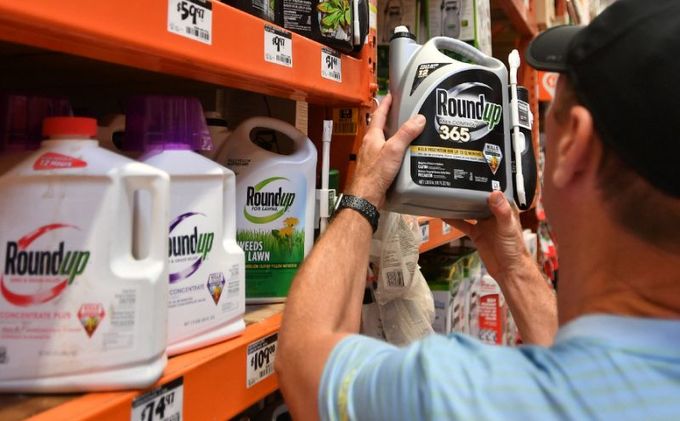
A San Francisco jury found that Roundup's design was defective and that the product lacked sufficient warnings of potential risk. Photo by AFP/Josh Edelson
Tho’s letter mentions that Vietnam currently has more than 4.8 million Agent Orange victims in Vietnam, many with hideous deformities and disabilities, and many dying a slow death of cancer and other lethal diseases.
The toxin also affects the offspring of the infected, leading to successive generations being cursed with its impacts.
Dioxin has deprived people of their right to live. Their children, if they are still alive, are either physically handicapped, deformed, or in a vegetative state, becoming a source of agony and burden on their family and society, Tho said.
Agent Orange has not only had a catastrophic effect on Vietnamese citizens, it has also wreaked havoc on the environment.
Tho said research conducted by international scientists, including many Americans, has proved this fact. They’ve gone on field trips and interacted with witnesses, and verified dioxin hotspots in Bien Hoa, Phu Cat, Chu Lai and Da Nang for cleanup operations.
He reminded the U.S. trial of Vietnamese Agent Orange victims’ lawsuit against 37 US chemical companies, notably Monsanto and Dow Chemical, who provided the U.S. army with the defoliant. The plaintiffs demanded that the companies accept responsibility and assist in overcoming the damage suffered by them and the environment. However, the lawsuit was dismissed for "lack of evidence."
The Vietnamese victims have suffered a grievous blow to their confidence and self-esteem as the U.S., in particular Monsanto and Dow Chemical, among 37 chemical companies, have not accepted their responsibility, the letter noted.
Tho expressed his desire that the U.S. court be fair not just to U.S. citizens, but also Vietnamese victims of Agent Orange.
He requested the court that the 2004 lawsuit filed by Vietnamese plaintiffs against Monsanto and Dow Chemical, among others, is revisited.
"I hope the scale of justice is always balanced," he wrote.
Between 1961 and 1971, the U.S. Army sprayed some 80 million liters of Agent Orange over 78,000 square kilometers (30,000 square miles) of southern Vietnam.
Dioxin contained in the defoliant stays in the soil and at the bottom of lakes and rivers for generations. It can enter the food chain through meat, fish and other animals, and has been found at alarmingly high levels in human breast milk.
In May last year, the U.S. Agency for International Development (USAID) and the Air Defense – Air Force Service under the Vietnamese Defense Ministry signed an agreement for a $390-million project for dioxin remediation at Bien Hoa airport, including nonrefundable aid of $189 million from the U.S. government and counter capital from the Vietnamese government.
The campaign to decontaminate Bien Hoa is part of a bilateral cooperative effort that started in 2000 to resolve humanitarian and wartime legacies while continuing to strengthen economic, cultural and security ties.
However, to this day, no compensation has been paid to Agent Orange victims by Monsanto and other companies.
( VNF/VNE )
Recommended
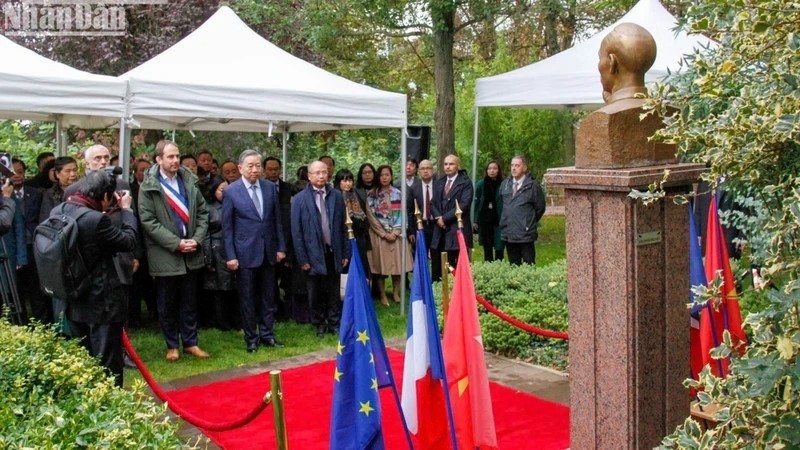 National
National
Deep Affection of International Friends
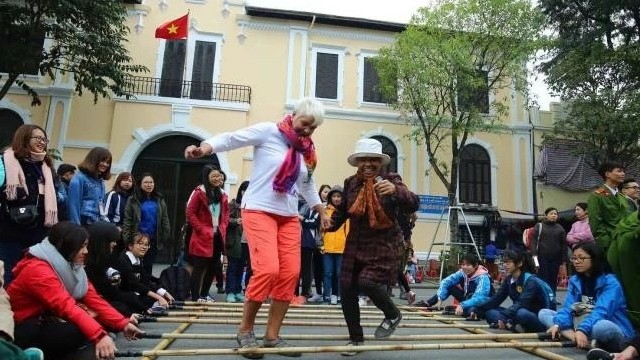 National
National
Vietnam News Today (May 20): Hanoi Named Top Cultural, Artistic Destination in Asia
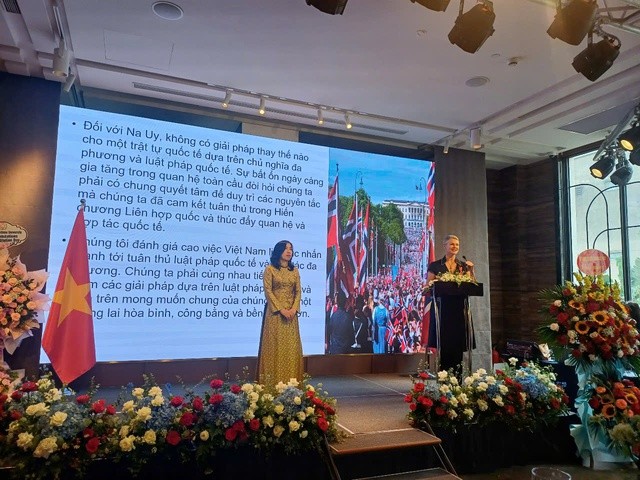 National
National
Vietnam News Today (May 19): Norway Hails Vietnam’s Continued Emphasis on Upholding International Law
 National
National
Vietnam News Today (May 18): Cannes 2025: Vietnam Rising as New Destination for International Filmmakers
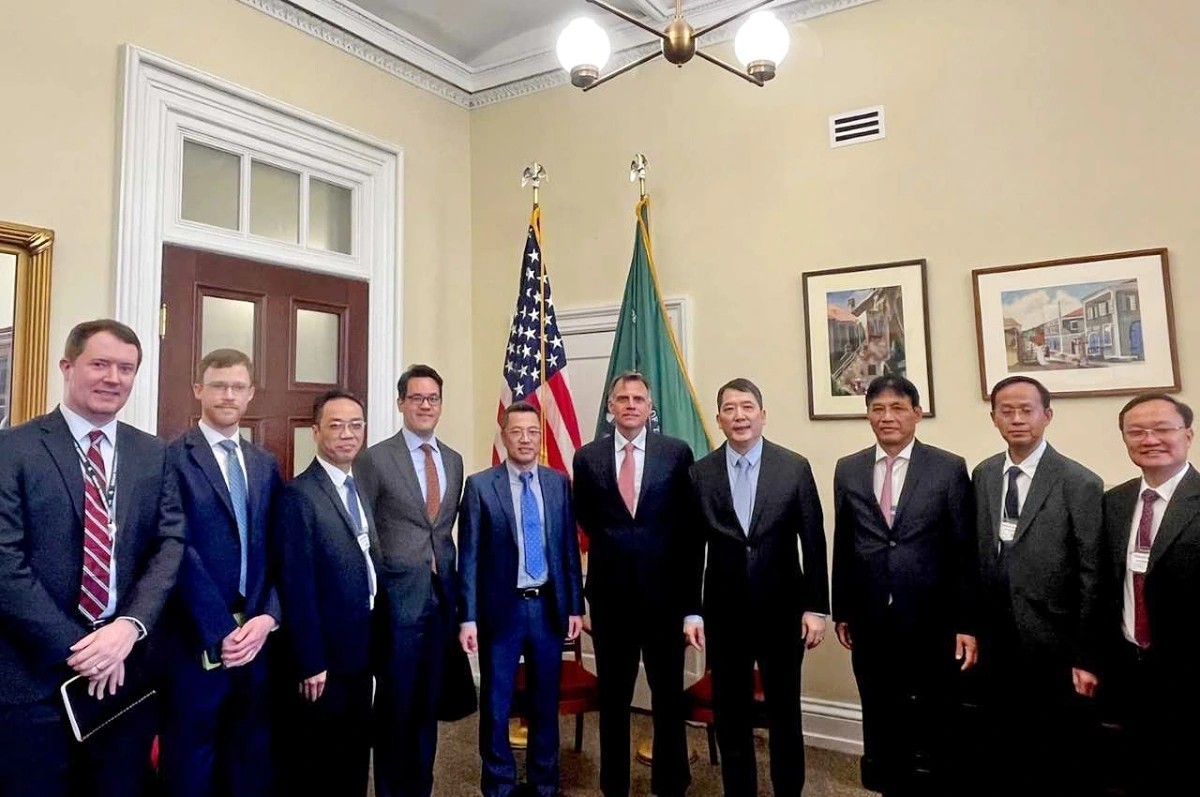 National
National
Vietnam News Today (May 17): Vietnam and United States Boost Financial Cooperation
 National
National
Strengthening Vietnam-Thailand Relations: Toward Greater Substance and Effectiveness
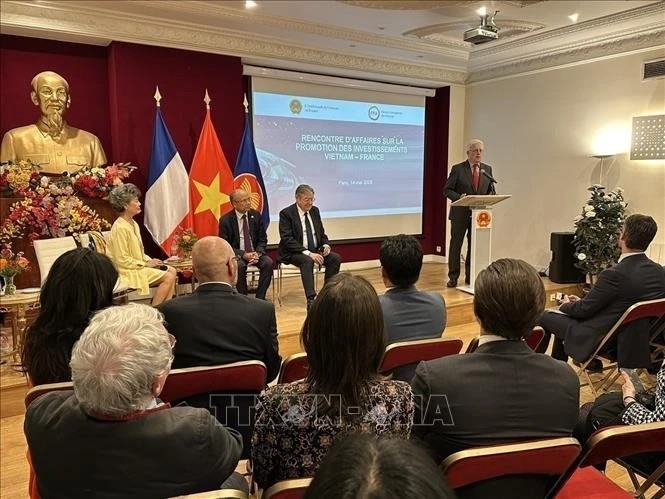 National
National
Vietnam News Today (May 16): Nha Trang Listed Among Top 15 Global Summer Destination in 2025
 National
National
